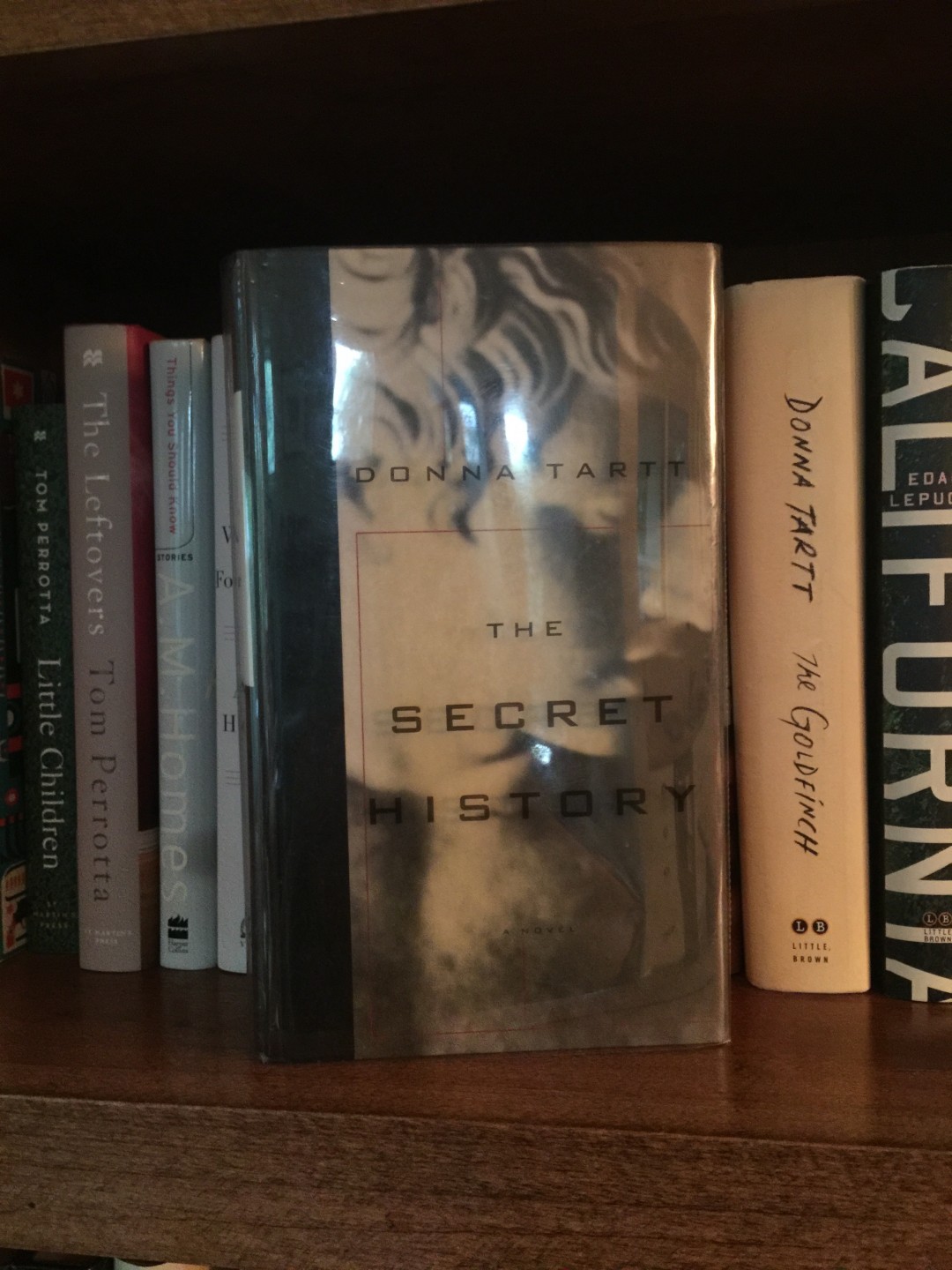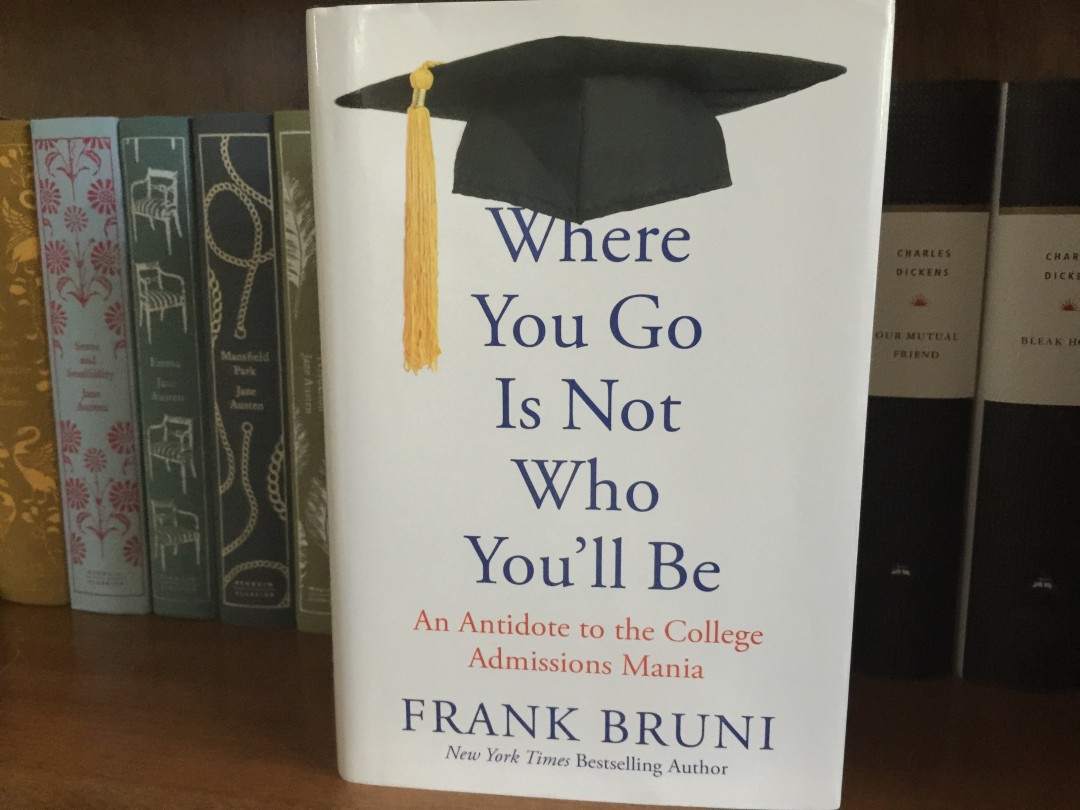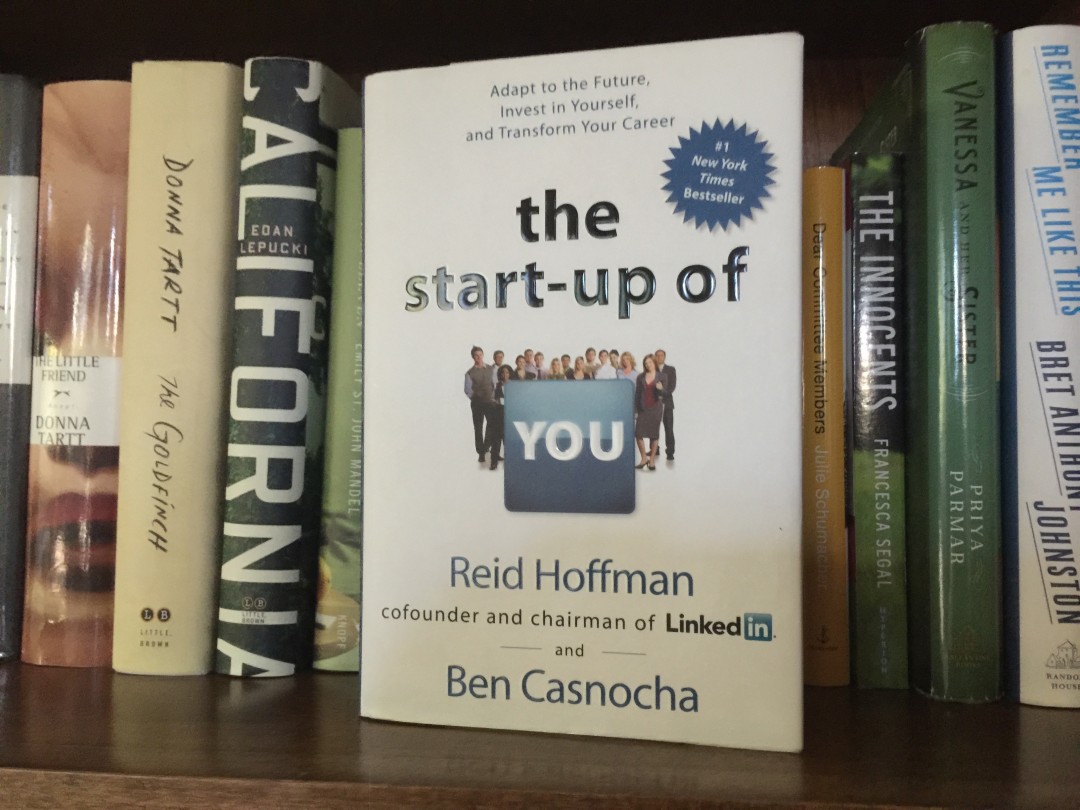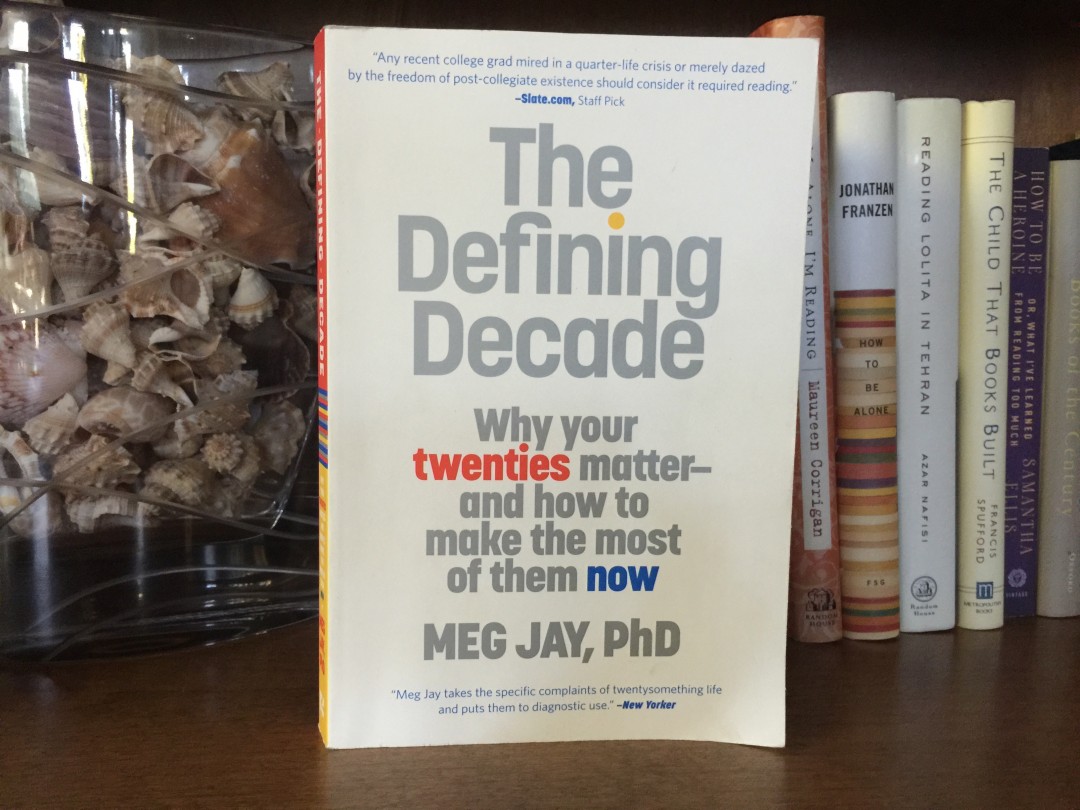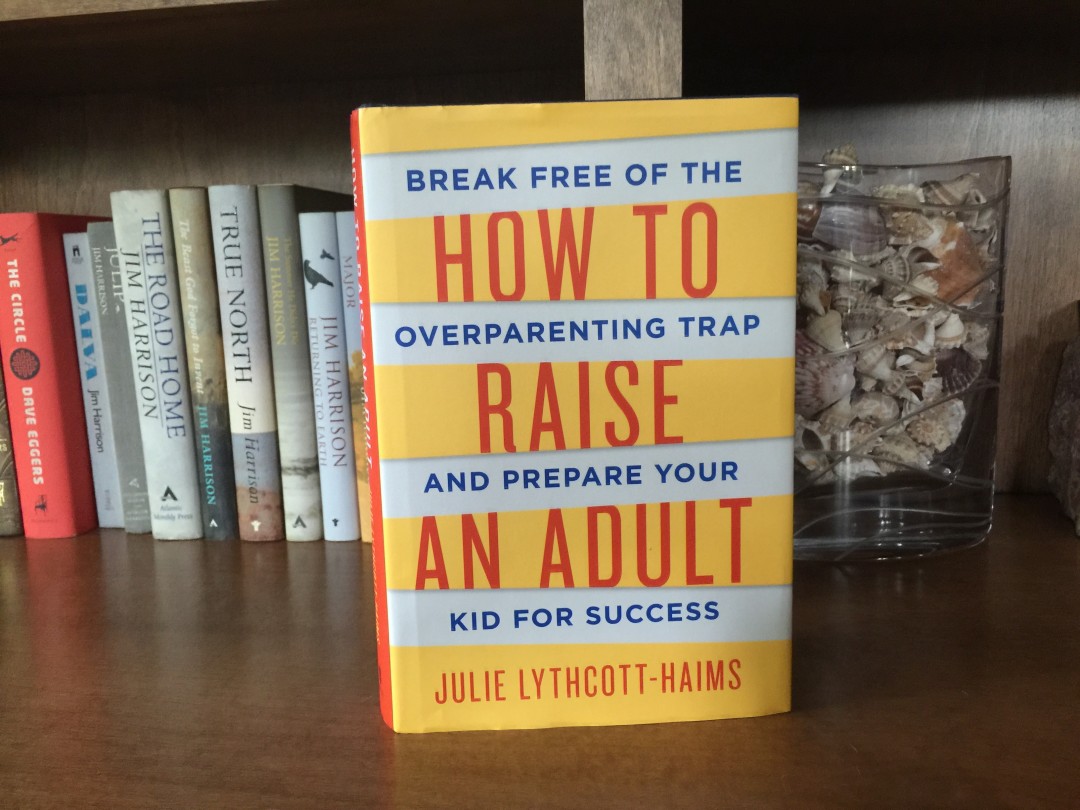One of my all-time favorite books, Donna Tartt’s first novel, The Secret History, was first published in 1992. When I read the book I was just about the same age as the narrator, Richard Papen, and the same number of years out of college. Written before the tech boom of the 1990s, the book captures the last years where to be a “Californian by birth, and also, I have recently discovered, by nature” meant something like the version of Fitzgerald’s Hollywood Richard gives to his professor, Julian, “Orange groves, failed movie stars, lamplit cocktail hours by the swimming pool, cigarettes, ennui.” (The brief references at the start to the casual process of college admissions will seem incomprehensible to today’s students, but recognizable to parents.)
In re-reading it now, it’s easy to be struck by the absence of mobile phones, laptops, blogs, tweets, and posts. The key characters, college students immersed in studying the classics at a small Vermont college, would eschew all that anyway, so even the pay phone references still work. Even now, people are sometimes hard to reach. We did have movies and TV then and there’s no reference to that either.
The story’s narrator reminds me of Nick Carraway from The Great Gatsby: He is both a witness and a participant and suffers from Nick’s socioeconomic insecurities and has perhaps fallen in with a bad crowd, at the very least, like Tom & Daisy, they are “careless people.”
Turns out I still love this book for college students and new grads. It’s a great depiction of the way I think everyone feels when they first start college. (500-student Hamden College is a ringer for Bennington, where Donna Tartt went to college.) You’re not quite sure of the rules, the groups, the alliances, and while you’re trying to sort that out, everyone is passing judgement on you as they assess their options. (A lot like a new job, too.) There’s a chance to figure out who you want to be, and a chance to pretend to be whatever it is you want to be. This is probably less true for students who stay close to home for college. (How different can UC Irvine’s culture be for a San Diego native?) But for students who go farther afield, the sense of culture shock is all the more shocking today, when the internet has done so much to publicize all the little nuances of subcultures. As Richard’s relationship with his fellow Classics students warms up he notes, “Months after I got to know the five of them, I found to my surprise that at the start they’d been nearly as bewildered by me as I by them.”
The book riffs on so many things you will encounter in college (or already have in AP English), that it’s pretty irresistible. Greek myths and culture, American regional differences, the outsider narrator, the concept of fate, and a dozen different classic novels and writers (starting with Gatsby, for me).
Reading it as the parent of college students, this time I was stunned to realize that there was a whole theme I’d missed the first time out reading it as a young adult. Not even one single character has a good parent. As in so much fiction, there are an inordinate amount of dead parents, but those who remain are universally incompetent, drunk, or cruel. And Julian, their charismatic professor and father-figure, is not at all impressive to adult eyes. He’s ultimately as shallow and absentee as the rest of the living parents.
Recommendation? I still love this book. With both sons’ campuses tree-heavy (one with its own forest), small liberal arts schools, one a Humanities minor and the other a Philosophy major (including a class this semester with just three students), and with a number of professor-mentors with whom they are on a first-name basis, I can see pieces of so many real students and the truth of the college experience in this book. It’s a great story, a mystery in reverse—we know who has been murdered and pretty much by whom, but the novel spins out to tell us why. And with the classics theme, the answer may well be that it was always fated to end as it did. I highly recommend to anyone reading Launch Like A Rocket, something none of Tartt’s students are ever going to do, but something her narrator very much wants as he jumps from the frying pan into the fire.

